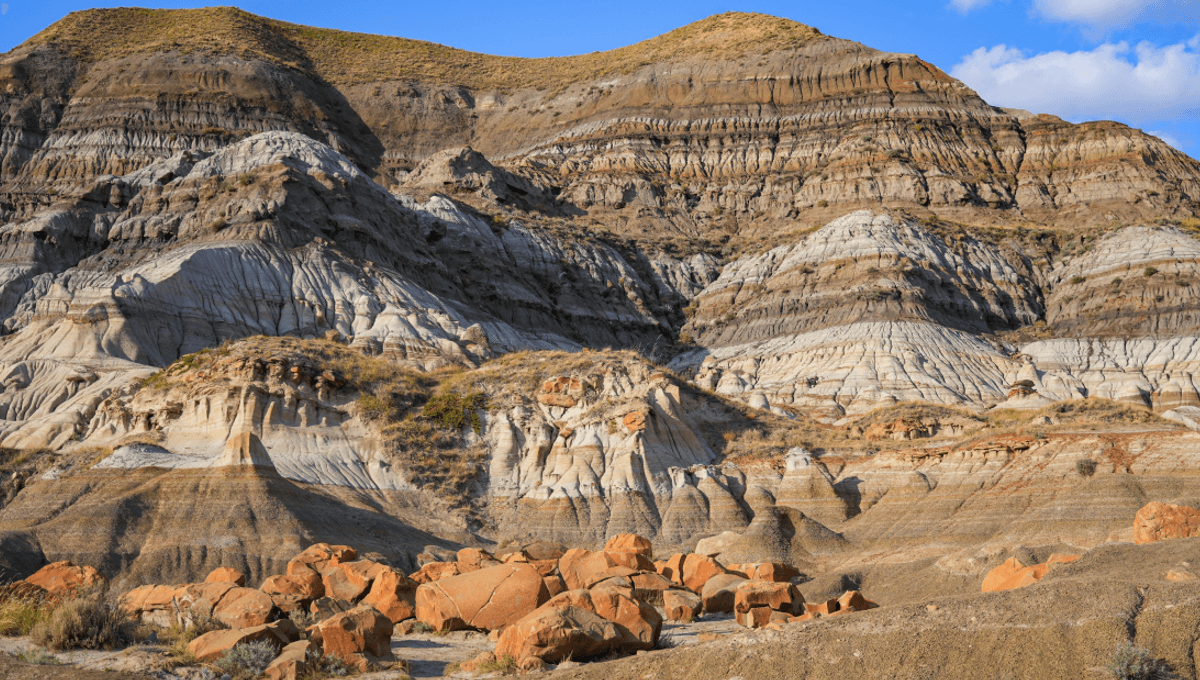-
Noticias Feed
- EXPLORE
-
Páginas
-
Blogs
-
Foros
We Thought Geological Boundaries Were Random. Now, A New Study Has Identified Hidden Patterns

We Thought Geological Boundaries Were Random. Now, A New Study Has Identified Hidden Patterns
Earth’s history is divided up into different geological wedges of time, wedges we like to call things like epochs, periods, and eons. They’re defined by events that shaped the planet (think big extinctions and biodiversity booms), and it’s generally been accepted that the boundaries between them are randomly distributed.
The rest of this article is behind a paywall. Please sign in or subscribe to access the full content. Now, a new study has identified a hidden, hierarchical pattern that suggests these boundaries may cluster in a way that mirrors the Earth’s deepest fluctuations. If true, it could help us to make order of the past and even better predict the planet's future. “Geological time scales may look like tidy timelines in textbooks, but their boundaries tell a much more chaotic story,” said Professor Andrej Spiridonov from Vilnius University’s Faculty of Chemistry and Geosciences in a release emailed to IFLScience. “Our findings show that what seemed like uneven noise is actually a key to understanding how our planet changes, and how far that change can go.” The study set out to re-examine how we divvy up Earth’s history into eons, eras, periods, and epochs, and test if they follow hidden mathematical patterns. Their reference materials included global scales, like the official International Geochronological Chart, as well as more localized fossil-based scales. They then used mathematical modeling to detect patterns and look at how clustered or gappy these different boundaries were across time. Their results showed that the boundaries weren’t so random as we previously thought, nor were they evenly spaced. Instead, they form a hierarchy of clusters and gaps that follow fractal rules. “The intervals between key events in Earth's history, from mass extinctions to evolutionary explosions, are not scattered completely evenly,” said Spiridonov. “They follow a multifractal logic that reveals how variability cascades through time.” As for why we haven’t recognized these patterns before, it could be because they occur across hundreds of millions, if not billions of years. We also have more data points than ever before to study in the palaeorecord, which has transformed uninteresting white noise into a chorus that has something to say. “If we want to understand the full range of Earth's behaviours, whether periods of calm or sudden global upheaval, we need geological records that cover at least half a billion years,” said Spiridonov. “And ideally, a billion.” Though growing by the day, there are still gaps in the palaeorecord, and statistical patterns may be hard to reconcile with catastrophic events like asteroid impacts. Still, when you consider we’re talking about the timings of mass extinctions, bursts of biodiversity, and dramatic shifts in the climate, you can start to understand why hidden patterns could have huge potential. “We now have mathematical evidence that Earth system changes are not just irregular, they are deeply structured and hierarchical,” said Spiridonov. “This has huge implications not only for understanding Earth’s past but also for how we model future planetary change.” The study is published in the journal Earth and Planetary Science Letters.


